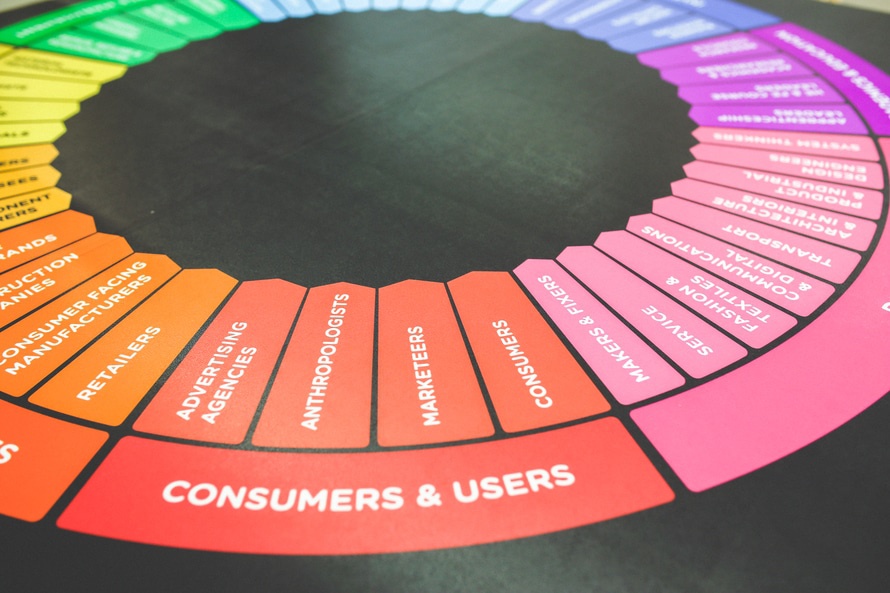
Did you know that Password Day is celebrated on May 5? IT celebrations such as this one make us consider the importance of acting on our online security. So, if you haven’t changed your password(s) in a while, make sure to change it today. And if you have been thinking of using a password manager, today is a good day to give it a try.

Why Is Changing Your Password So Important?
And Why Do You Need A Strong, Unique Password for Each of Your Accounts?
So that your Facebook account doesn’t get hijacked, along with your other social profiles.
As we have already written in the article dedicated to the worst 25 passwords for 2015, changing your password and improving your password habits should be your top priority, if you:
- Have never changed your password(s) or don’t remember the last time you did;
- Are active on social media;
- Use social login buttons (e.g. ‘login with Facebook’) on other websites;
- Shop online and use your credit card number on a regular basis (banking security tips here);
- Tend to ‘remember’ all of your passwords in the browser;
- Use both a personal and an enterprise computer;
- View content that is deemed NSFW;
- Don’t know what phishing is;
- Don’t know what a keylogger is;
- Haven’t recently updated your AV software;
- Haven’t recently updated your browser(s) and plugins;
- Keep your passwords in a text file on your desktop.

Should I Use A Password Manager? Is It (Good) for Me?
If you still haven’t decided whether you should use a password manager or not, here’s some useful information to help you decide.
The average password manager would install itself as a browser plug-in and take care of password capture.
How will it work? When you log in to a secure website (HTTPS), the password manager would offer to save your logins. When you come back to that page, the manager will automatically fill in your credentials, and sometimes web forms. Most password managers offer a browser-toolbar menu of all saved logins to make it easier to log in to saved sites.
Are password managers safe? It depends. The ideal password situation would be if your human memory is very powerful, and you have applied unique passwords for each of your accounts. However, in reality things are not even close to perfection. That is why it can be easily assumed that using a password manager is a better idea than not needing to use it at all (a.k.a. using one single simple password for all accounts).
Overall, using a password manager would guarantee:
- The strength, complexity and randomness of passwords;
- The passwords being remembered and kept safe at one place.
Also, a prevalent number of password managers have some improved features such as:
- Synchronizing information across devices in a safe manner;
- Automatically filling in both passwords and common web forms;
- Storing arbitrary notes.
However, as pointed out by AskLeo.com, password managers won’t do the work if:
1. Your computer is not protected efficiently;
2. Your computer falls victim to malware or spyware and your master password is obtained by cyber criminals.
What do you think now, after learning the basics of password managers? You need one, right?
PC Password Shield Software Review
In addition, don’t let IT celebrations such as Password Day and Data Privacy Day remind you of how important it is to be secure online. Instead of relying on such reminders, be consistent and protected at all times.
Spy Hunter scanner will only detect the threat. If you want the threat to be automatically removed, you need to purchase the full version of the anti-malware tool.Find Out More About SpyHunter Anti-Malware Tool / How to Uninstall SpyHunter


